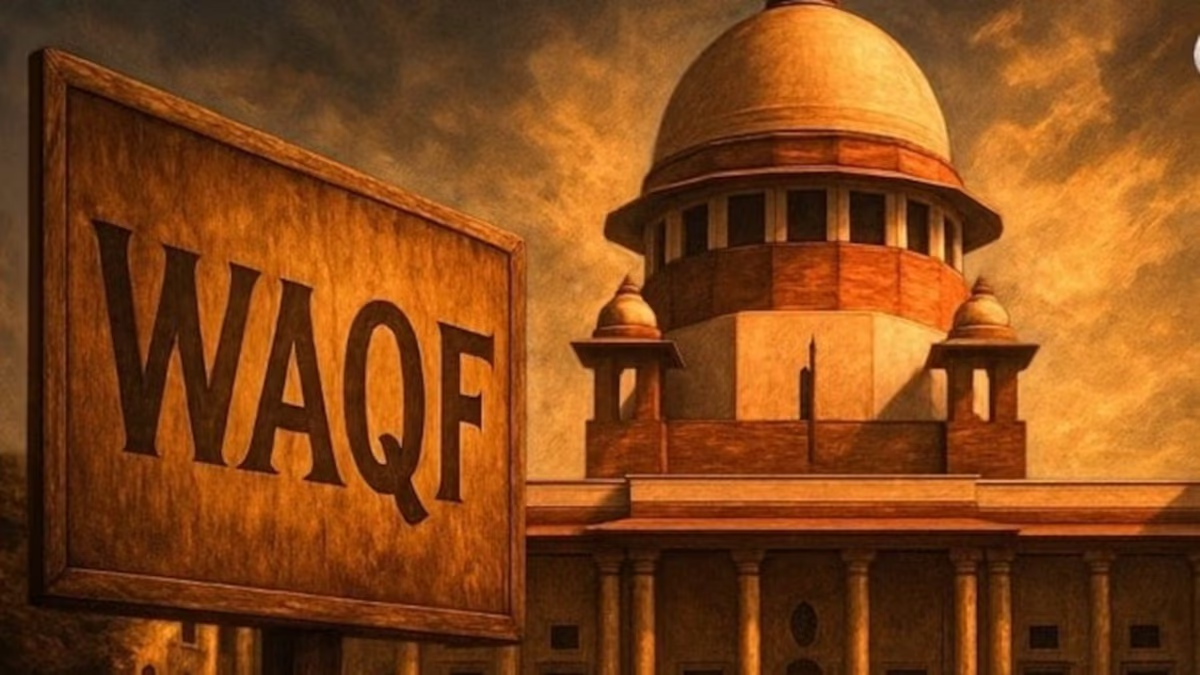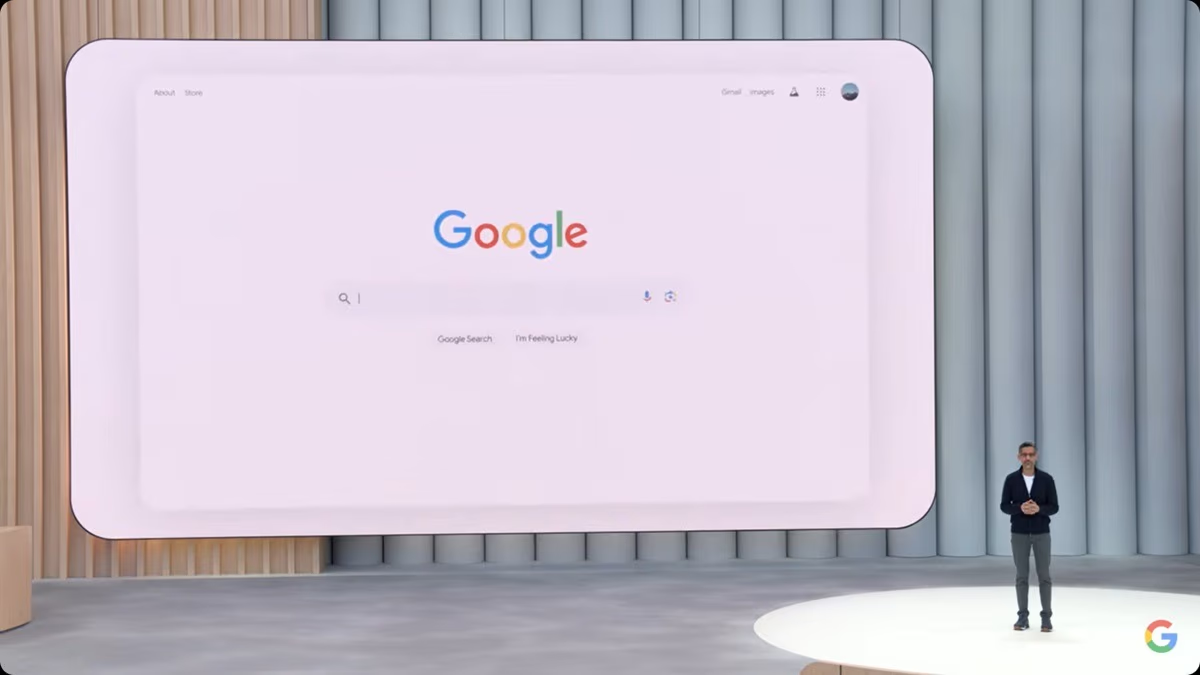The Supreme Court held a hearing on Tuesday regarding petitions challenging the constitutional validity of the Waqf (Amendment) Act, 2025. The two-member bench chaired by Chief Justice Bhushan Ramakrishna Gavai listened to arguments from both sides. Justice Augustine George Masih was the second judge on the bench. The CJI made a significant statement regarding the constitutionality of laws passed by Parliament, asserting that the assumption of constitutionality exists until proven otherwise, thus courts cannot intervene without solid grounds.
The central government has requested the Supreme Court to focus its interim order hearing to three specific issues concerning the Waqf (Amendment) Act, including the Boards' authority to de-notify Waqf properties declared by 'court, user, and deed'. Solicitor General Tushar Mehta made this request before Chief Justice BR Gavai and Justice Augustine George Masih. He emphasized that only these three issues, identified earlier by the court, should be examined, although petitioners wished to explore additional matters.
Senior advocates Kapil Sibal and Abhishek Singhvi, representing those challenging the Waqf (Amendment) Act, opposed the central government's stance, advocating for a comprehensive hearing on various significant aspects of the law. Sibal argued that the amended act violates Article 25 of the Constitution, which guarantees the right to practice, profess, and propagate religion. He emphasized the need for an interim order from the Supreme Court, branding the Act as unconstitutional and controlling Waqf property unlawfully.
What are the Three Issues the Government Wants to Discuss?
The three cited issues include the power to de-notify properties declared Waqf by court, user, or deed. Another issue raised by petitioners concerns the composition of state Waqf boards and the central Waqf council, arguing that excluding ex-officio members, only Muslim members should comprise these entities. The third issue involves the provision where a Waqf-declared land's status as government property must be investigated before it's recognized as Waqf.
Kapil Sibal pointed out the need for an interim order in the case of the Waqf Act's constitutionality, arguing the law is unconstitutional and deprives Waqf property control and ownership. The amendment allows for property investigation on suspicion of disputes, with no time limit for reports. While Waqf property is given in Allah's name, once declared, it remains so indefinitely despite no state funding. He addressed the financial independence of mosques compared to temples, noting the historical precedence of Waqf properties like Babri Mosque, governed by historical statutes.
Sibal critiqued the law's process-driven approach to controlling Waqf, where private properties are seized due to potential disputes or claims. He asserted this law is designed for seizing Waqf properties, noting the state's inability to fund religious institutions such as mosques. CJI Gavai remarked on religious offering variations, acknowledging the distinct financial structures supporting different faith entities, like mosques, not relying on state funds.
In addressing implications of past and present legal language on registration, CJI queried if 'Shall' was adequately prescriptive historically. Sibal maintained prior laws implied registration obligation but lacked enforcement consequences, suggesting registration wasn't crucial despite amendments emphasizing it post-1954. Confusions arose around timelines, with references to past legal precedents.
Post-arguments, CJI Gavai remarked on temples protected by the Archaeological Survey of India (ASI), reflecting on uninterrupted worship rights. Sibal countered, outlining new law stipulations negating Waqf status of ASI-protected properties. CJI sought clarity on religious freedoms, leading Sibal to argue constitutional right infringements regarding religious practices if Waqf status is annulled, suggesting the new law conflicts with Article 25.
Sibal opposed provisions in the amended Waqf Act limiting one's ability to donate properties as Waqf based on religious practice tenure, challenging its constitutional validity under Articles 14, 25, and 26. CJI Gavai noted ongoing property disputes in Aurangabad, aligning with Sibal's concerns over bureaucratic meddling and legal rigidity threatening civil liberties, highlighting procedural injustices and arbitrary state actions.




